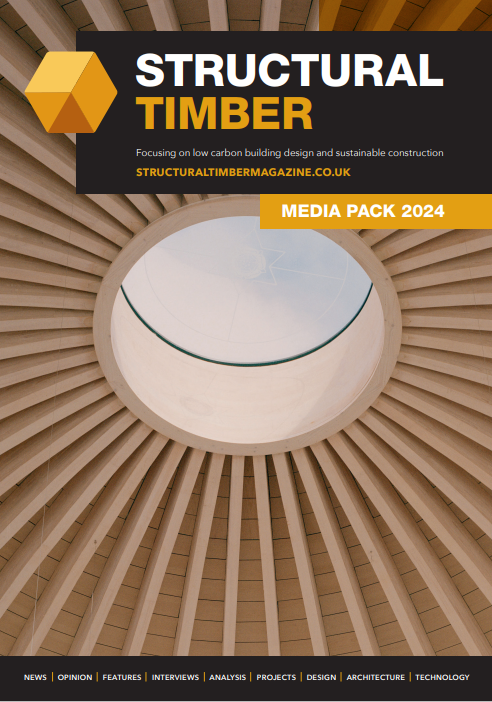APPG Look to Net Zero Targets
Following its inaugural meeting, the newly formed All Party Parliamentary Group (APPG) for the Timber Industries is calling on the Government to move more quickly to meet carbon reduction targets – arguing that scaling up the existing timber sector could achieve these goals immediately.
The APPG is urging policy makers to adopt the recommendations laid out in the Net Zero Now campaign launched earlier this year by the Confederation of Timber Industries (CTI), which acts as Secretariat to the APPG. The campaign argues that focusing on 2050 is a missed opportunity, when increasing the timber industries’ output could allow the Government to deliver on its economic, employment, housing, and climate targets without delay.
Embodied carbon emissions account for up to 75% of a building’s total emissions over its lifespan, but timber products have the lowest embodied carbon of any mainstream building material. For every cubic metre of timber used in construction, 0.9 tonnes of carbon dioxide have been absorbed and will be stored for the lifetime of the product. By embracing the use of timber frame to deliver the 270,000 homes required in England, the Climate Change Committee suggests that 3 million metric tonnes of CO2e could be absorbed and stored in our built environment per year. This is the equivalent of taking 648,131 cars off the road.
David Warburton, Conservative MP for Somerton and Frome, and chair of the APPG, commented: “We will be taking a strong message to COP26 about the need to reduce carbon without delay – after all, why wait for the future when scaling-up the use of timber offers an easily-implemented solution that can deliver results now?
“Throughout COP26, we will be championing the policy recommendations of Net Zero Now, which include: increasing the use of wood in construction; adopting the CLC’s National Retrofit Strategy to improve existing housing stock; following APPG LOOK TO NET ZERO TARGETS the advice of the Hackitt Review to create higher performing, safer buildings; bringing embodied carbon into the UK building regulations; providing tax incentives to encourage the use of MMC and creating a preference for low-carbon sustainable construction in Government procurement.”
For more information and to view the full recommendations in the Net Zero Now policy briefing visit: www.cti-timber.org/campaigns/net-zero-now













